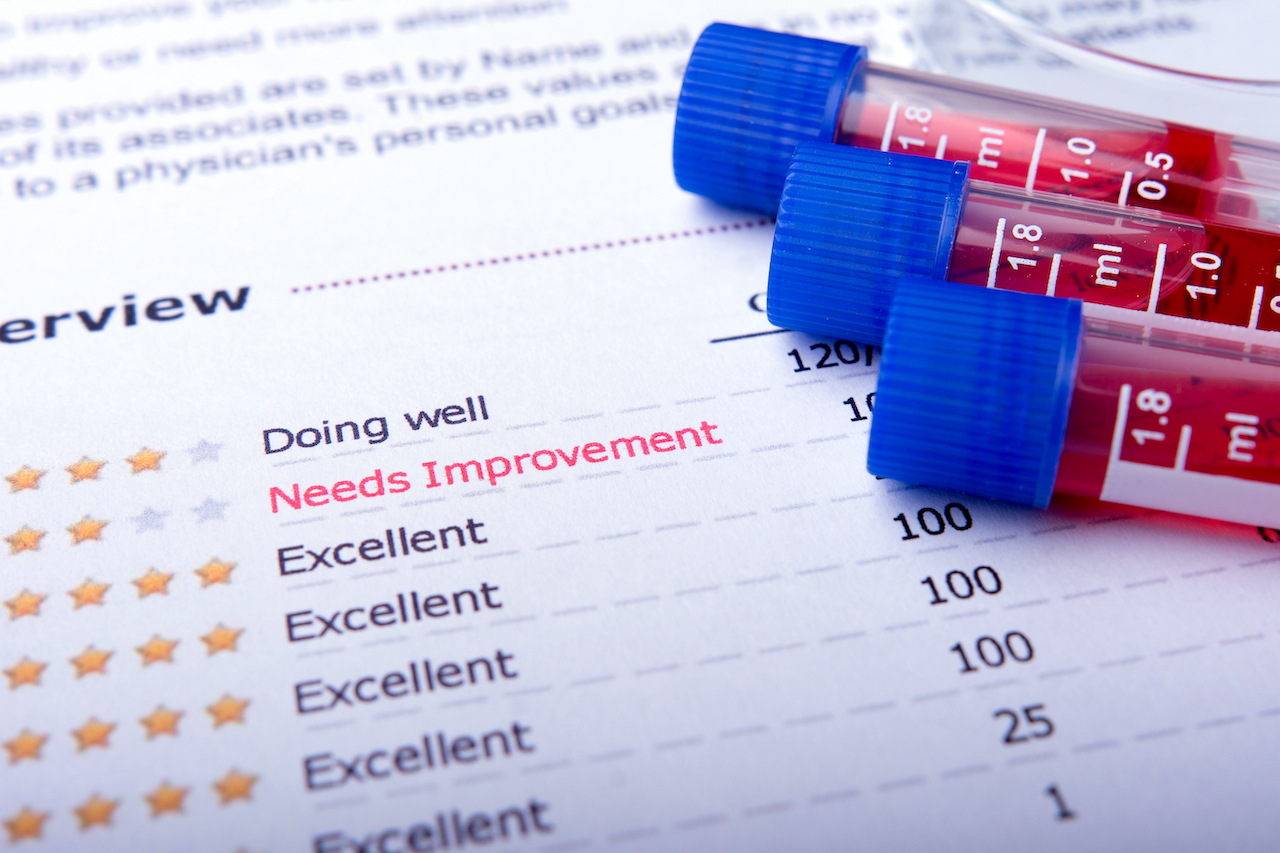There are all types of medical tests that can shed light on many aspects of your health, from high cholesterol to infections. The good thing about these tests is that they can either relieve your worry about potential problems or shed light on issues that require further attention and treatment.
When it comes to the process of conception, there are many tests that you may take, from ovulation tests to pregnancy tests. But what about if you’ve been struggling to conceive? Females who have been trying to get pregnant can take blood tests that check for potential infertility causes. We’re here to help you determine the right time for females to book a blood test for infertility.
Read on to learn about blood tests for infertility, when females should schedule one and the steps to follow afterward.
What you need to know about blood tests for infertility
Let’s start with the basics. An individual or couple may be diagnosed with infertility if they’ve been unable to conceive after having intercourse for at least one year without a form of birth control. The time frame of an infertility diagnosis is usually shortened to six months without conception for females who are 35 or older.
There are a few potential ways that a health care provider may test for potential infertility in a female, such as a pap smear to look at the cells in the cervix. They may also recommend an ultrasound to take a look at your uterus and ovaries. The goal is to determine a possible cause behind the lack of conception.
A common way to check for infertility in females is through blood tests. By testing your blood, your health care provider can check for a variety of factors that contribute to fertility.
Blood tests for infertility can include checking the levels of your:
- Follicle-stimulating hormone — Helps control your menstrual cycle and the growth of the ovarian follicles that contain eggs.
- Estradiol — A type of estrogen made in the ovaries.
- Luteinizing hormone — Plays a role in egg maturation and ovarian hormone production.
- Anti-müllerian hormone — Helps regulate growing follicles and their selection for ovulation; corresponds to ovarian reserve or egg count.
When a female should schedule a blood test for infertility
It’s normal to not conceive quickly after you start trying. That’s why health care professionals recommend waiting at least one year before testing for infertility, or six months for females over the age of 35. But it’s possible to ask for a blood test before those timelines if you have certain medical conditions or issues that may contribute to potential infertility.
If a female has any of these conditions, they shouldn’t wait one year to schedule a blood test for infertility:
- Pelvic inflammatory disease.
- Thyroid problems.
- Cystic fibrosis.
- A past ectopic pregnancy.
- Irregular periods.
- Repeated miscarriages.
What to do following a blood test for infertility for females
If a female’s blood tests show signs of infertility, it can be difficult to emotionally and mentally process. But that doesn’t mean there isn’t hope for having a baby. At Fertility Cloud, we’re here to help you progress on your journey to conception through treatment options that can increase the chance of pregnancy.
Here are treatment options that you can explore following a blood test showing causes of infertility:
- Ovarian stimulation (OS) — Your fertility specialist will likely try to help stimulate your ovulation as one of the first courses of action. They will usually start with a prescription of clomiphene citrate or letrozole oral tablets. These medications work to increase the number of ovulated eggs that are released into the fallopian tubes during ovulation. Pregnancy from the OS is likely to occur in the first three months..
- Trigger shot — OS treatment is often coupled with an injection of human chorionic gonadotropin, or HCG. It’s a hormone that can help to release multiple mature eggs from the ovaries. Trigger shots can be self-administered either into the muscle or under the skin in the abdomen.
- In vitro fertilization — If other treatments haven’t resulted in a pregnancy, your specialist may recommend in vitro fertilization, commonly referred to as IVF. This process involves taking eggs from the ovaries to a lab where they are fertilized by sperm. IVF involves multiple procedures and, unfortunately, doesn’t work for everyone, which is why it’s usually only recommended when other options haven’t worked.
Fertility Cloud can give blood tests for female infertility
While it can be nerve-wracking and distressing to think that you might be infertile, it’s important to get confirmation from a health care professional. That’s why we encourage females to schedule a blood test for infertility if they’ve been struggling to conceive for one year, or they have medical conditions that can interfere with their fertility.
Fertility Cloud can provide you with blood tests as well as walk you through the proper steps after getting the results.
Contact our team by phone today for more information or book an initial appointment online with a fertility specialist.





